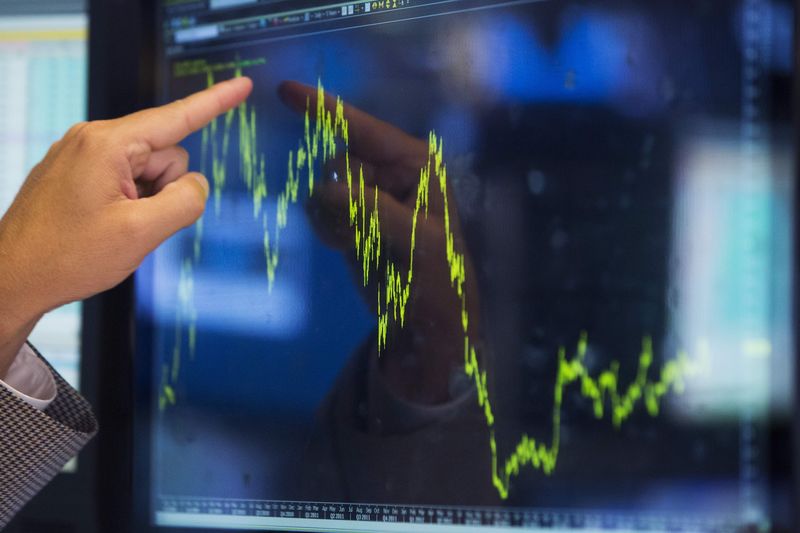By Leroy Leo and Puyaan Singh
(Reuters) -UnitedHealth Group provided a 2025 profit forecast below Wall Street estimates on Tuesday as it expects pressure across its government-supported health insurance businesses, and its shares fell 8%.
The largest U.S. health insurer forecast a profit of as much as $30 per share. That upper end was below analysts’ estimates of $31.18 per share, according to LSEG data.
UnitedHealth (NYSE:) set next year’s forecast “more conservatively than is typical” due in part to payment cuts from the government for Medicare plans and low state payment rates for Medicaid plans for low-income people, CEO Andrew Witty said in a conference call with analysts. The company said it would provide a more detailed forecast in December.
Demand for healthcare services under the government’s Medicare plans for people aged 65 years and older or those with disabilities has surged since late last year as many older adults opted for procedures they had delayed during the COVID-19 pandemic.
The company, along with other health insurers, has faced elevated medical costs as a turnover in people enrolled in Medicaid left insurers with more sick patients.
“Although (UnitedHealth) historically guides conservatively initially, we believe today’s guidance is reflective of the uncertain industry and cost trend backdrop,” Mizuho analyst Ann Hynes said in a note.
The insurance bellwether’s comments also dragged down shares of rivals Humana (NYSE:), CVS Health (NYSE:), Elevance and Centene (NYSE:) around 2% to 5%.
The forecast also factored in hospitals seeking higher reimbursements from insurers, which Chief Financial Officer John Rex said the insurer was “actively addressing.”
UnitedHealth’s third-quarter medical costs exceeded Wall Street estimates as the company paid out more due to persistently high demand for healthcare services while receiving lower reimbursements on government-backed plans.
The company also trimmed the higher end of its 2024 adjusted profit forecast by 25 cents to $27.75 per share, partially due to a hit of 10 cents per share related to the February cyberattack on UnitedHealth’s technology unit, Change Healthcare (NASDAQ:).
The company now sees a business disruption impact of $705 million, or about 75 cents a share, this year from the hack that caused massive payment and other disruptions across the United States.
UnitedHealth issued billions of dollars in loans to providers affected by the hack and incurred costs related to notifying customers of the breach.
Change is also working to add new customers after losing business to smaller rivals while it was incapacitated.
Despite the rise in medical costs, UnitedHealth beat Wall Street estimates for adjusted profit by 15 cents due to increased memberships across its businesses.

